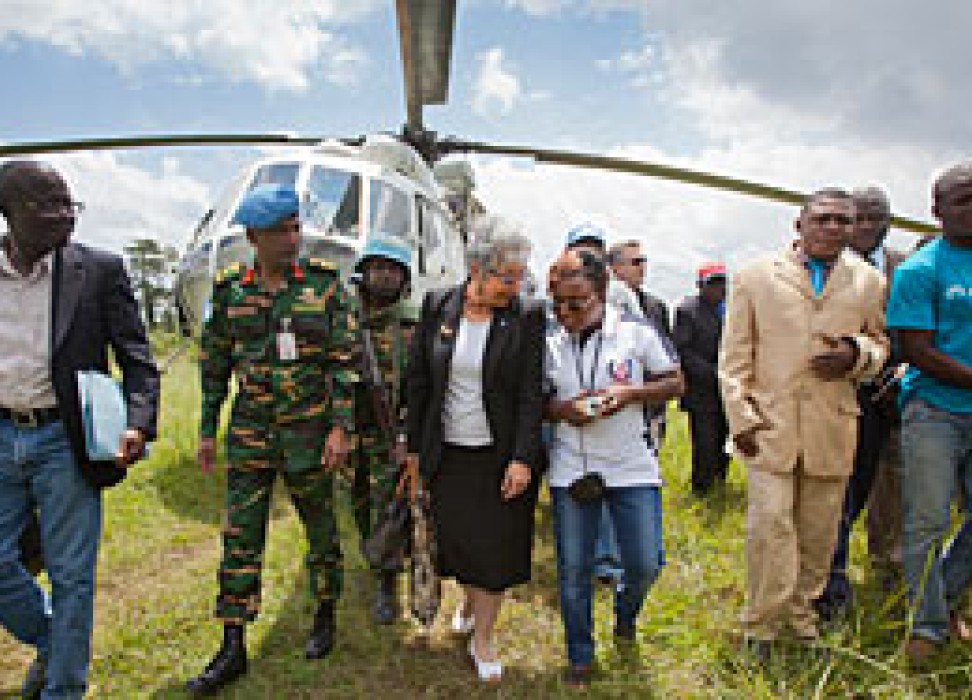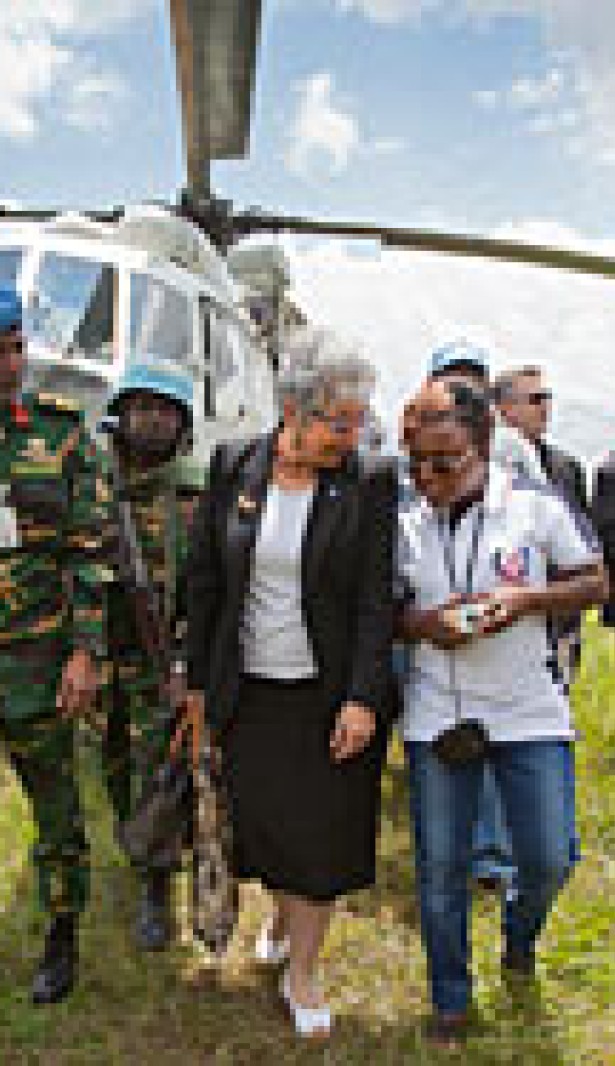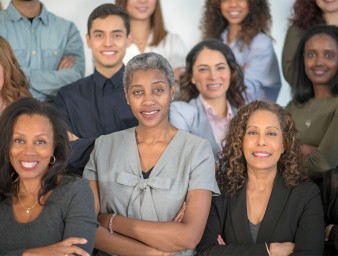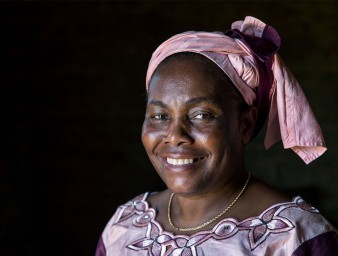Democratic Republic of the Congo: joining forces in the fight against sexual violence
02 October 2013

“We need to secure the country, demobilize armed groups”, said Sylvie Vwiranda, a clinical psychologist who helps victims of sexual violence in the Ituri district in the Democratic Republic of the Congo (DRC). She was discussing with Flavia Pansieri, the UN Deputy High Commissioner for Human Rights who recently visited the small town of Mambasa, in Ituri, to meet with local authorities and members of NGOs, attend the inauguration of a new police station built with the support of the UN, and visit Mambasa’s hospital where victims of sexual violence receive both medical and psycho-social support.
Sylvie had been describing the difficult, but unyielding fight of members of local civil society against serious human rights violations, committed by armed groups in villages that are inaccessible to the weak State authorities of Ituri.
All over the DRC, and in particular in the east, serious human rights violations by various armed groups, and also by members of the defence and security forces, remain widespread, and sexual violence remains a major human rights concern. The military and civilian sections of the United Nations Stabilization Mission in the Democratic Republic of the Congo (MONUSCO) cooperate closely with the DRC Government in the fight against sexual and gender based violence. In the past, they successfully supported Government forces in expelling armed groups from Mambasa.
MONUSCO also maintains a Joint Human Rights Office with the High Commissioner for Human Rights. Repeatedly, the UN Joint Human Rights Office in the DRC has reported cases of sexual violence on a massive scale. One of the main priorities of the UN Joint Human Rights Office in the DRC is to cooperate with local partners and civil society on the protection of human rights, in particular through the fight against impunity.
Sylvie’s organization, Association pour la protection de l’enfance au Congo (APEC) has been active in Ituri since 2004. It focuses on local projects in four different provinces, and addresses a large array of obstacles to local development, including sexual violence. While it has received support from different UN agencies and foreign donors, the organization is run entirely by local activists.
Sylvie grew up in North Kivu, a center of conflict and human suffering since the Rwandan genocide in 1994. She left her home town in 2007 and gained a university degree in psychology. Today, she offers psycho-social assistance to victims of sexual violence, and works on sensitization and capacity building of medical personnel as well as State authorities that are involved in the fight against sexual violence and the support of victims.
“Our work necessitates a lot of means: technical and financial means, but also human means. If you work in red zones, it means that lives are in danger, and your own life, too. You offer therapy, but you may need therapy yourself. We do relaxation exercises together, readings, walks, in order to cope with our work. But we also need specialists to help us,” says Sylvie about the challenges of her job.
“Working with the UN Joint Human Rights Office is of capital importance to us, as we see that the fight against impunity, and the joint investigations and mobile courts supported by the Office, are one of the most efficient and sustainable means in the fight against sexual violence,” said Sylvie. “Common knowledge that a perpetrator has been put in jail is a very important way to prevent new sexual violence to occur.”
Pansieri was very impressed by her encounter with Sylvie, and her visit to Ituri. “The utter defencelessness of people in remote villages became obvious, and also in more easily accessible towns like Mambasa people have not been fully safe from armed groups until today,” she said. “In Mambasa, the absence of the State is glaring. And I see how much you have to struggle between the moral imperative of being there, being of help, providing protection, and the recognition that this is really the responsibility of the state, a state that is too often absent.”
This year marks the 20th anniversary of the World Conference on Human Rights, which led to the adoption of the Vienna Declaration and Programme of Action, and the establishment of the UN High Commissioner for Human Rights to oversee the international human rights framework, promote human rights and protect individuals against abuse.
2 October 2013




